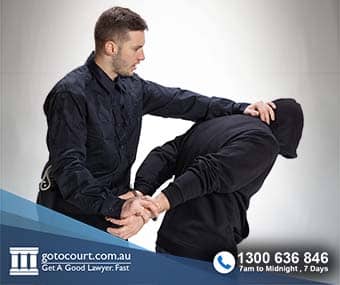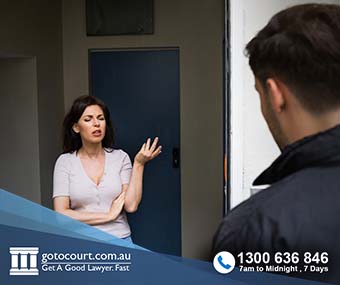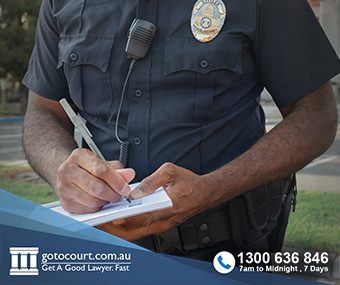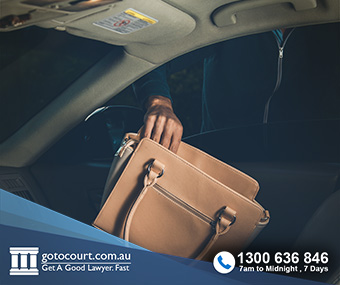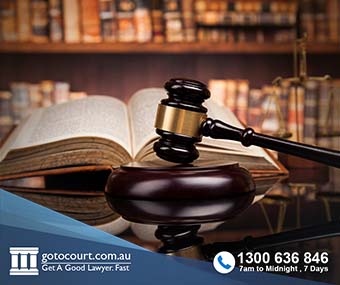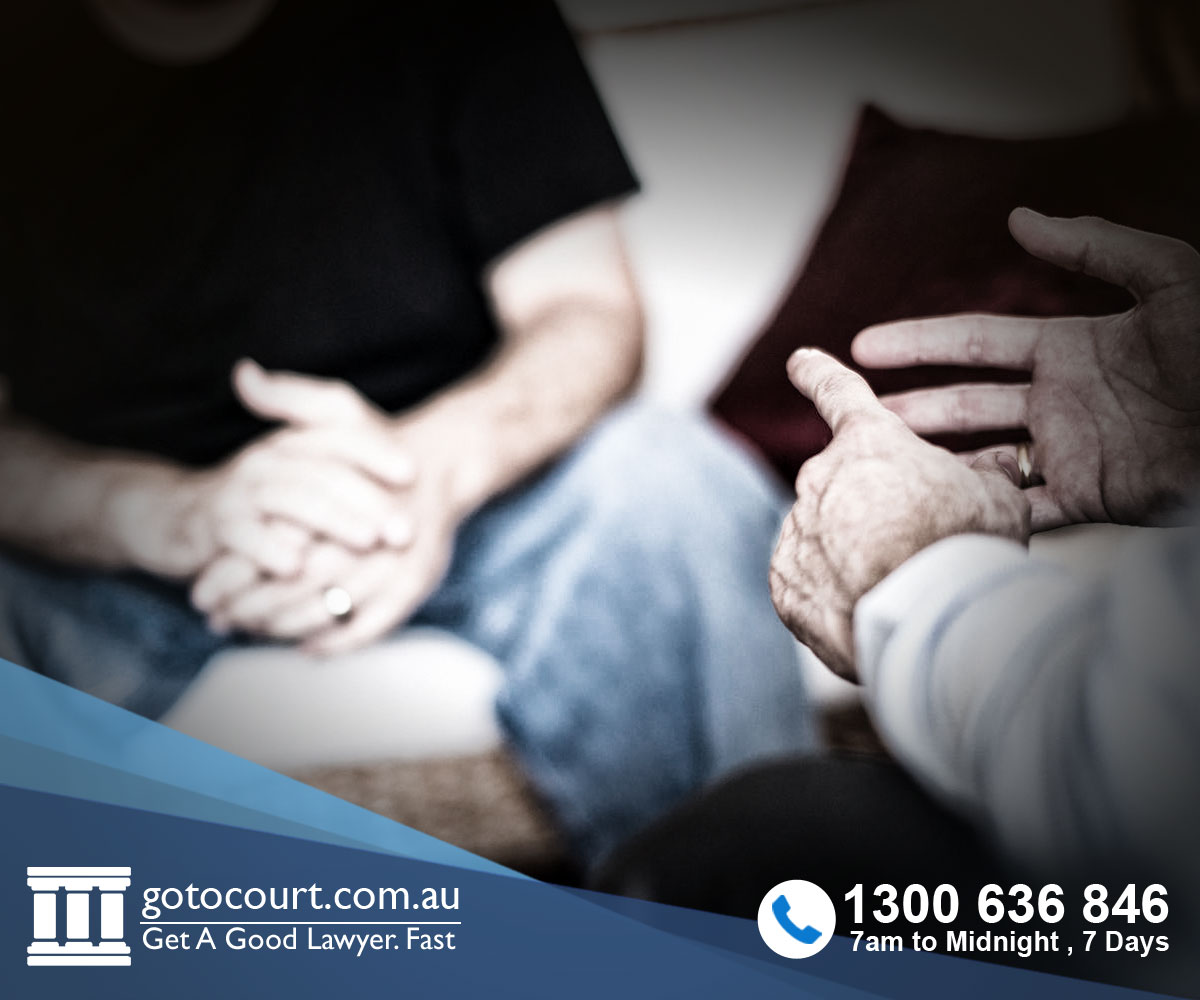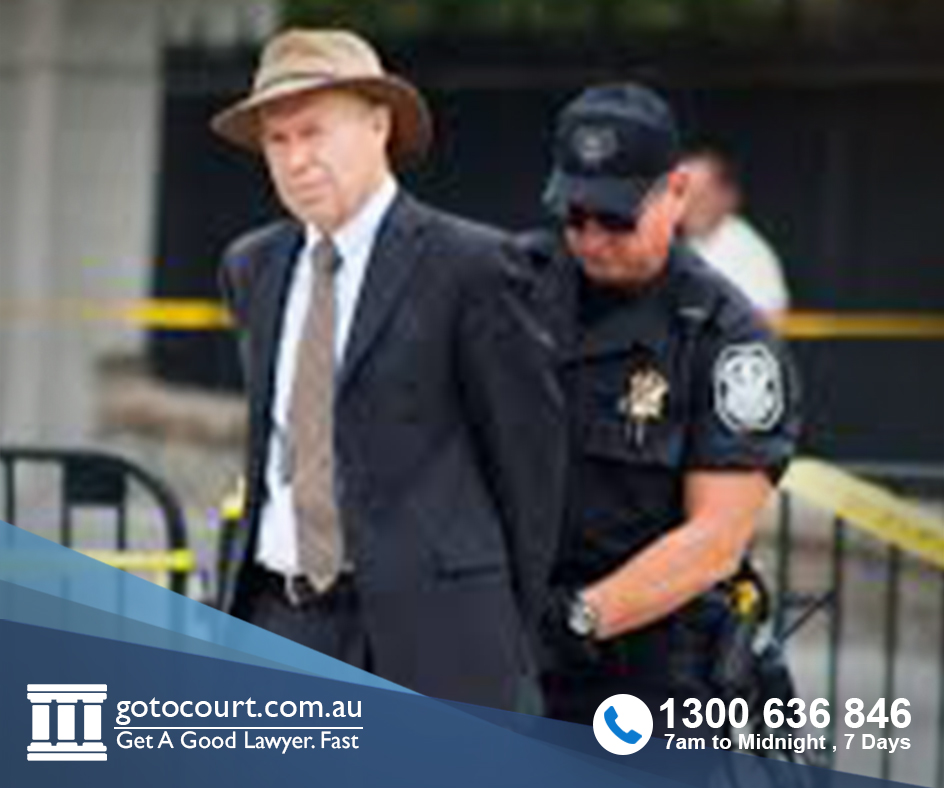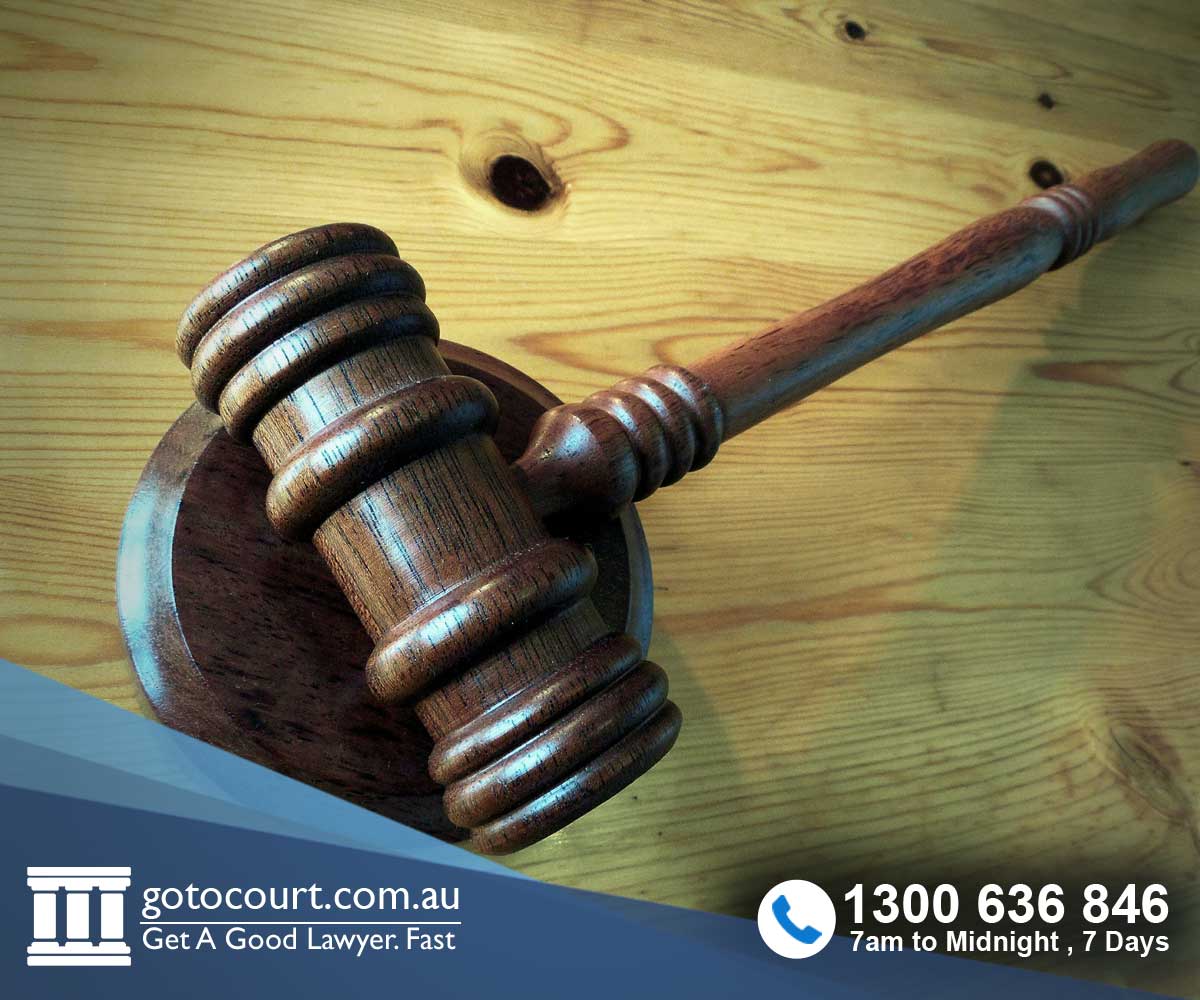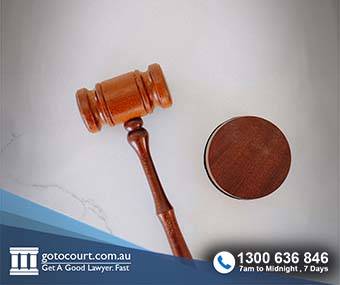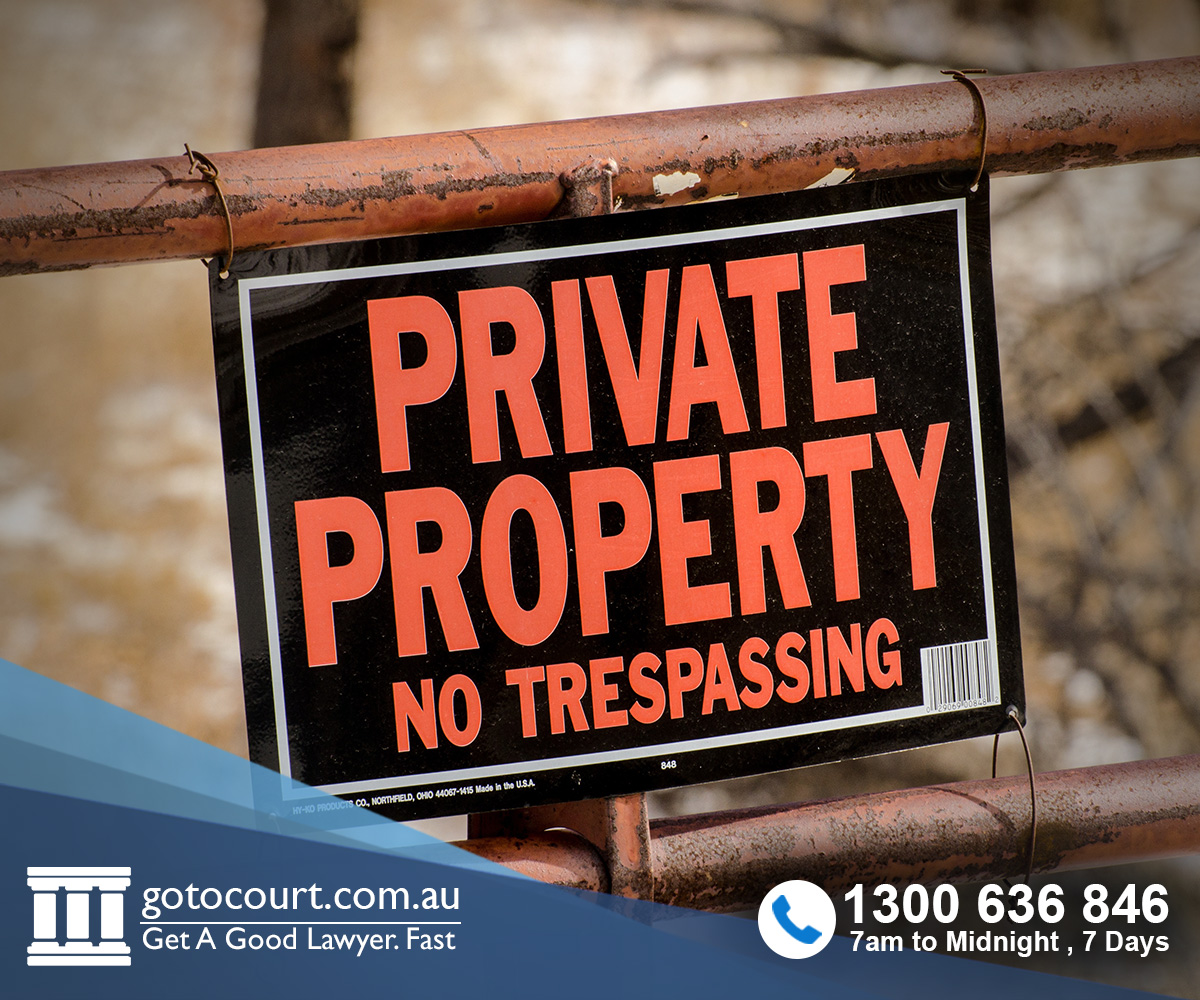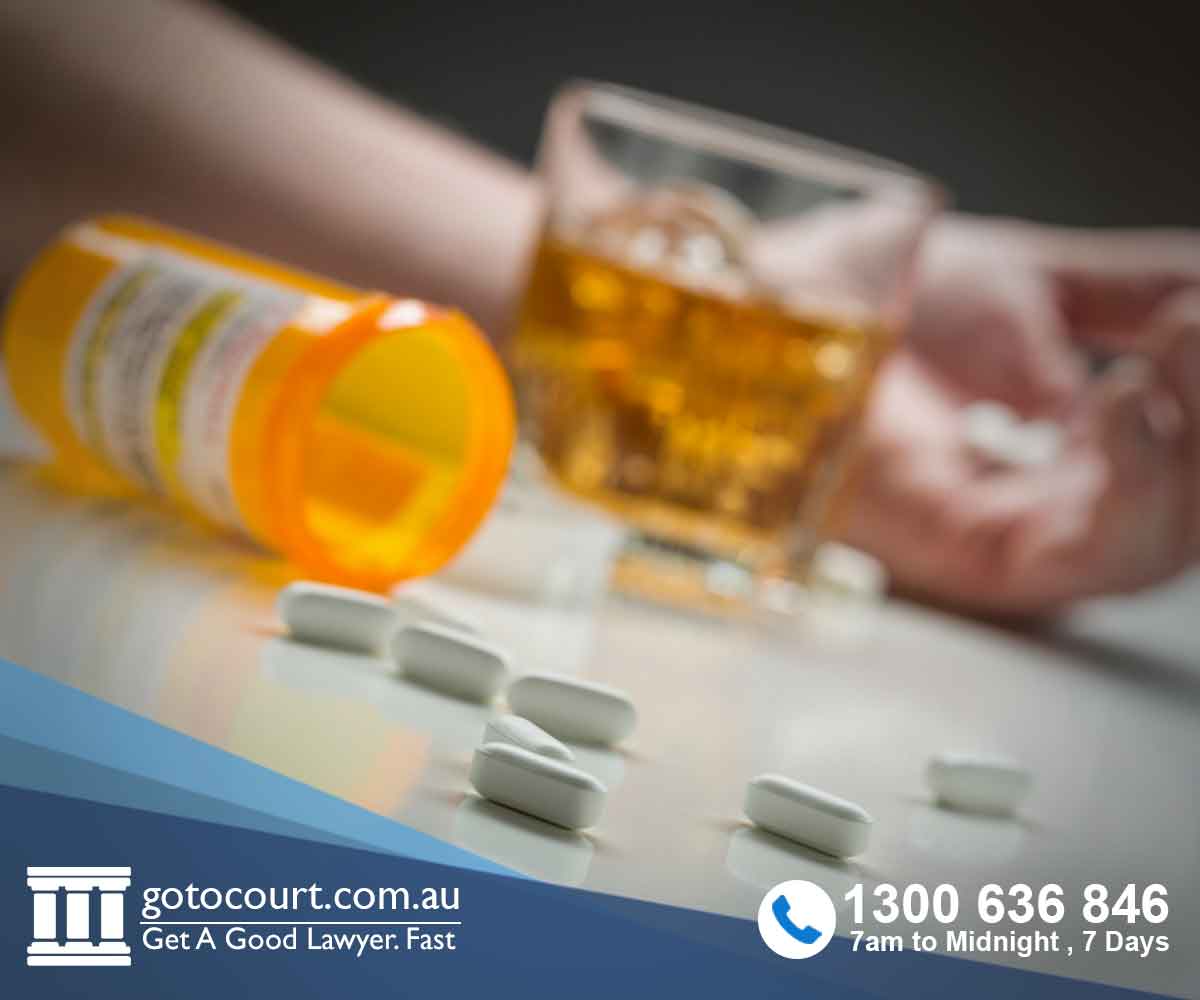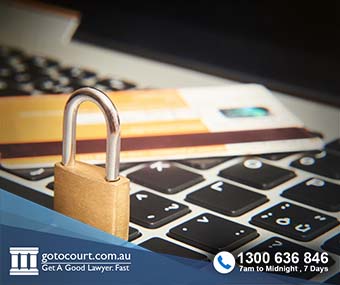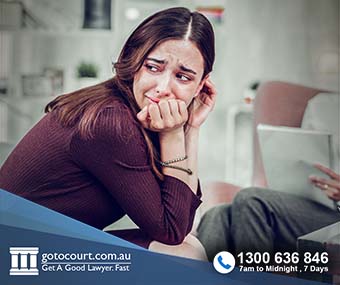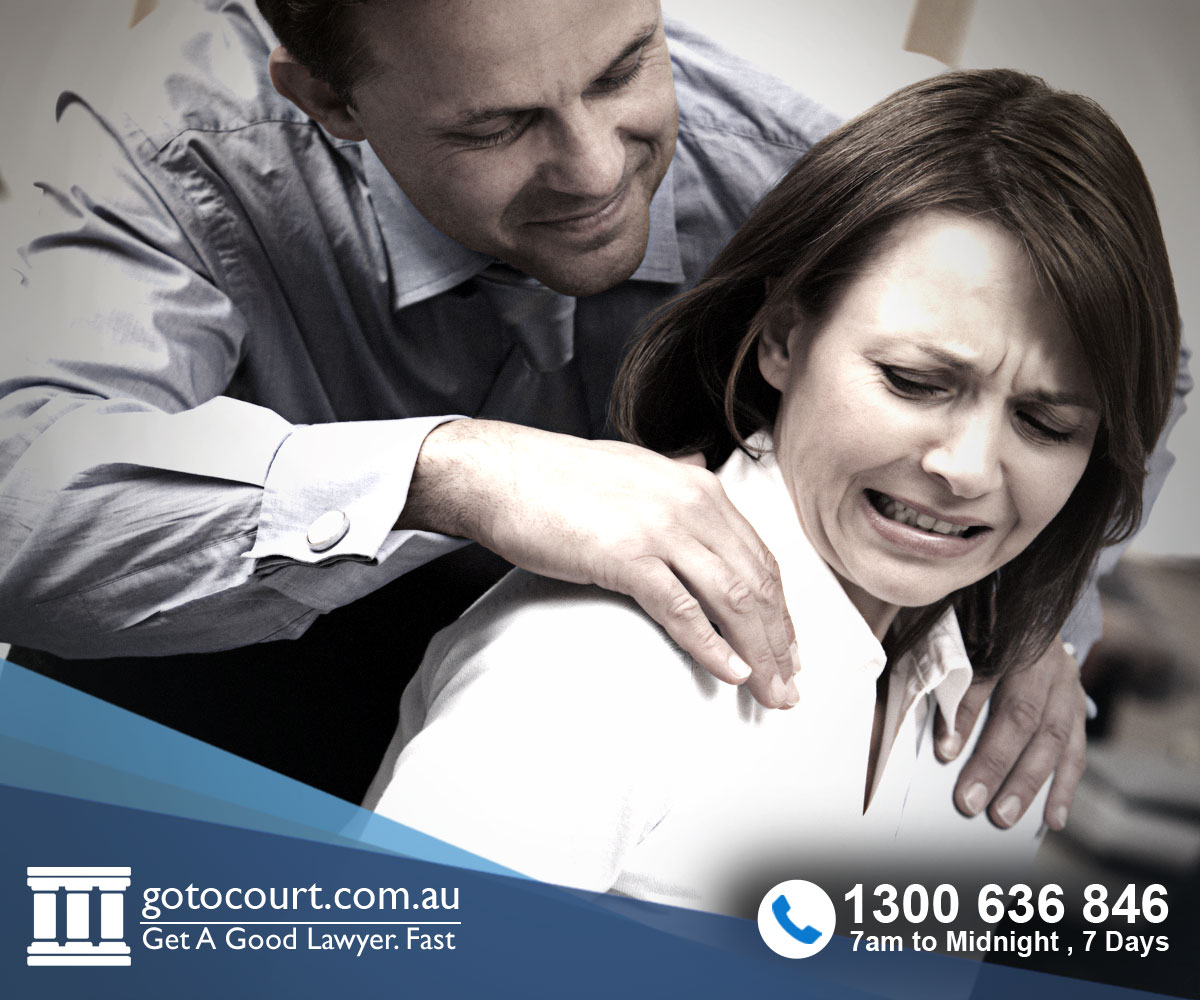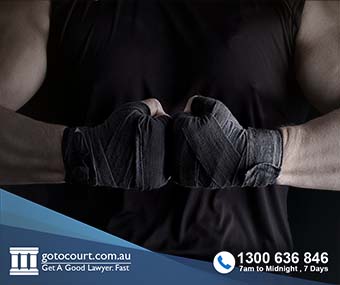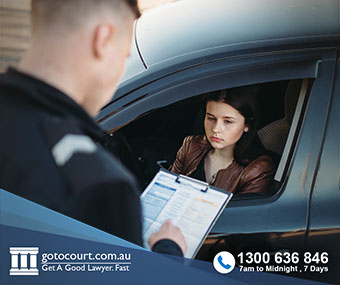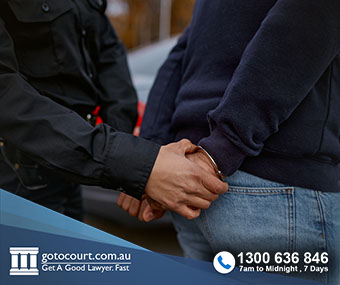Call our lawyers
now
or,
have our lawyers
call you
Defence of Self-Defence in South Australia
Updated on Dec 08, 2022 • 4 min read • 683 views • Copy Link
Defence of Self-Defence in South Australia
In South Australia, a person is permitted to use reasonable force to physically defend themselves, another person or their property. The criminal defence of self-defence requires the accused to have acted in a way that was reasonable in the circumstances and for their defensive conduct to have been proportionate to the threat as they perceived it. This defence has long existed at common law because the law does not expect people to remain passive when their safety is threatened. If a person reasonably defends themselves, the law recognises they are entitled to do so and does not punish them for this, even if the other party ultimately comes off worse than the person who was acting defensively. The defence of self-defence in South Australia is codified in the Criminal Law Consolidation Act 1935.
Self-defence must be proportionate
A person who relies on the defence of self-defence must have used a level of force that was proportionate to the threat they were facing. However, if a person acts in self-defence in the heat of the moment when they face the prospect of being seriously hurt or killed, they are not expected to ‘weigh their response on a knife’s edge’ to determine exactly how much force it is reasonable to use in the circumstances. The defensive conduct must not, however, have been out of all proportion to the threat faced.
Burden of proof
The defence of self-defence has a reverse onus. This means that once the defence has raised self-defence, the prosecution must prove beyond a reasonable doubt that the accused did not use force in self-defence. It is not up to the defence to prove that the accused was acting in self-defence. If the prosecution cannot exclude the possibility that the offence was committed in self-defence, the accused will be acquitted.
Legislation on self-defence in South Australia
The defence of self-defence is contained in sections 15 and 16 of the Criminal Law Consolidation Act 1935.
Murder
Under section 15, it is a partial defence to murder (reducing the offence to manslaughter) if the accused believed that their conduct was necessary and reasonable in self-defence but the conduct was not, in fact, reasonable in the circumstances as the accused perceived them.
Defence of property
Under section 16, it is a full defence if the accused genuinely believed that their conduct was necessary and reasonable:
- to protect property;
- to prevent criminal trespass, or to remove a trespasser;
- to lawfully arrest a person;
AND the conduct was reasonably proportionate to the threat as the accused genuinely perceived it.
If a person’s death resulted from the conduct, the defence applies provided the accused did not intend to cause death and did not act recklessly, knowing the conduct could result in death.
If a person is charged with murder and acted in defence of property as set out above, it is a partial defence (reducing the offence to manslaughter) if the person did not intend to cause death but their conduct was not reasonably proportionate to the threat as the accused perceived it. In other words, if the accused used excessive self-defence they have only a partial, and not a full, defence.
Zecevic v DPP
The leading case on self-defence is the 1987 High Court decision of Zecevic v DPP. In that case, the defendant Mr Zecevic killed his neighbour and relied on the defence of self-defence, arguing that his actions were necessary as he believed the victim had a knife and a shotgun in his possession, which justified Mr Zecevic retrieving his gun and shooting the man dead.
The High Court in that case expressed the formula for determining whether self-defence applies in a case as follows:
‘The question to be asked in the end is quite simple. It is whether the accused believed upon reasonable grounds that it was necessary in self-defence to do what he did. If he had that belief and there were reasonable grounds for it, or if the jury is left in reasonable doubt about the matter, then he is entitled to an acquittal. Stated in this form, the question is one of general application and is not limited to cases of homicide.’
If you require legal advice or representation in any legal matter, please contact Go To Court Lawyers.


Affordable Lawyers
Our Go To Court Lawyers will assist you in all areas of law. We specialise in providing legal advice urgently – at the time when you need it most. If you need a lawyer right now, today, we can help you – no matter where you are in Australia.How It Works








1. You speak directly to a lawyer
When you call the Go To Court Legal Hotline, you will be connected directly to a lawyer, every time.


2. Get your legal situation assessed
We determine the best way forward in your legal matter, free of charge. If you want to go ahead and book a face-to-face appointment, we will connect you with a specialist in your local area.


3. We arrange everything as needed
If you want to go ahead and book a fact-to-face appointment, we will connect you with a specialist in your local area no matter where you are and even at very short notice.

